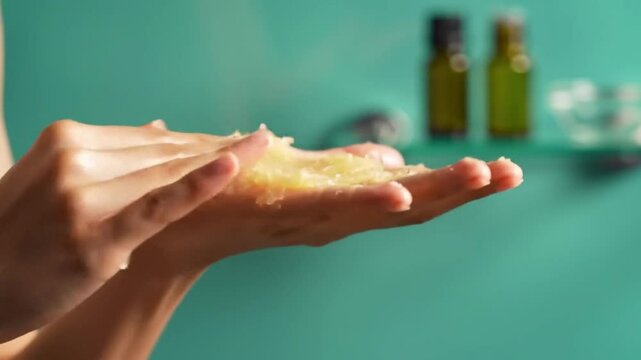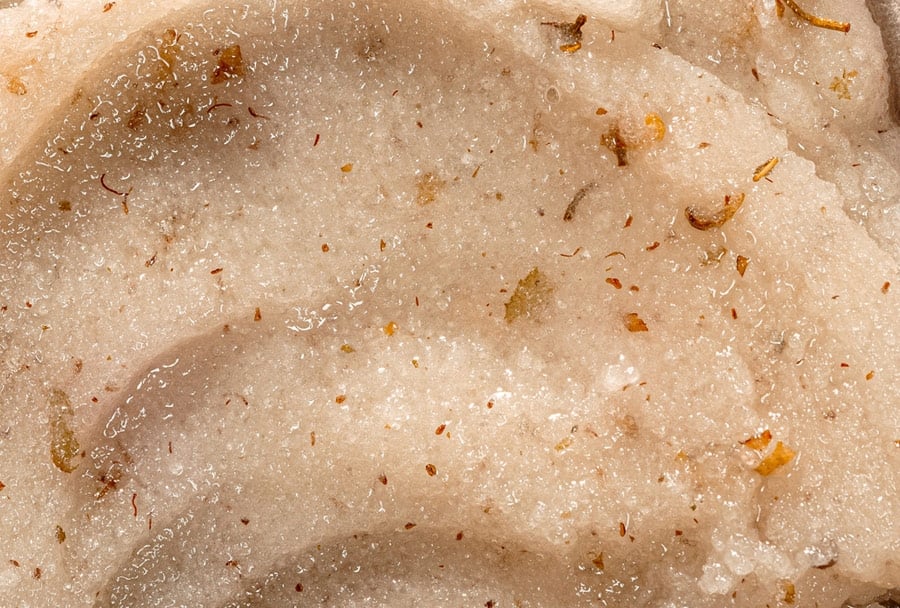Using Exfoliating Body Wash in Humid Weather: Essential Tips
For beauticians and skincare enthusiasts, the changing weather often means adjusting skincare routines. One of the key elements in maintaining radiant skin during such times is using exfoliating body wash in humid weather. The combination of heat and moisture can lead to excessive sweating and oil production, which can clog pores and lead to breakouts. Therefore, a well-formulated exfoliating body wash can be a game-changer for your clients.
When humidity levels soar, our skin tends to become a breeding ground for bacteria. This is where exfoliation plays a vital role. By removing dead skin cells and impurities, exfoliating body wash not only prevents acne but also enhances the absorption of skincare products, maximizing their effectiveness.

The Science Behind Exfoliating in Humid Weather
In humid conditions, the skins natural shedding process is often disrupted. This results in a layer of dead skin cells that can make the skin look dull and lifeless. Regular exfoliation using a high-quality body wash can help in sloughing off these dead cells, revealing the fresher, healthier skin underneath.
Exfoliating body washes contain ingredients like alpha hydroxy acids (AHAs) and beta hydroxy acids (BHAs), which are crucial for deep cleansing. These ingredients not only help in removing dead skin but also in unclogging pores. This is especially important in humid weather, where skin tends to be oilier. For more insights on the best ingredients to look for, you can check Allure's guide on exfoliating body washes.
Choosing the Right Exfoliating Body Wash
Not all exfoliating body washes are created equal. When selecting a product, consider the skin type of your client. For those with sensitive skin, opt for a gentle formula that includes soothing ingredients like aloe vera or chamomile. On the other hand, for clients with oily skin, a body wash with salicylic acid could be more effective.
It's also wise to avoid exfoliating body washes with harsh physical exfoliants like large beads, which can cause micro-tears in the skin. Instead, look for products with fine granules or chemical exfoliants. For a detailed routine, visit LIVANA Natural's exfoliating routine.
How Often Should You Exfoliate?
Over-exfoliation can be just as detrimental as not exfoliating at all. For most skin types, exfoliating 2-3 times a week is sufficient. However, this can vary depending on individual skin needs and the climate. During humid weather, it might be beneficial to adjust the frequency to suit the client's skin response.
For those unsure about the right frequency, a professional consultation can provide personalized advice. For further guidance, you can explore whether your body wash should foam during the process.
Combining Exfoliation with Hydration
Exfoliation should always be followed by proper hydration. After using an exfoliating body wash, it's crucial to lock in moisture with a good quality body lotion or oil. This helps to protect the skin barrier and prevent any potential irritation caused by exfoliation.
In humid weather, lightweight moisturizers or gels can be more comfortable for your clients as they absorb quickly without leaving a greasy residue. For more tips on combining exfoliation with hydration, check out the advice on product reactions.

FAQs
What makes exfoliating body wash suitable for humid weather?
An exfoliating body wash removes dead skin cells and excess oils that tend to accumulate in humid weather, helping to keep the skin clear and refreshed.
Can exfoliating body wash be used daily in humid climates?
While tempting, daily use can lead to irritation. It's best to use an exfoliating body wash 2-3 times a week, adjusting based on individual skin needs.
What should I do if my client's skin becomes irritated?
If irritation occurs, reduce the frequency of exfoliation and ensure the use of a soothing moisturizer. Consulting a dermatologist can also provide personalized advice for managing skin reactions.
This article contains affiliate links. We may earn a commission at no extra cost to you.

